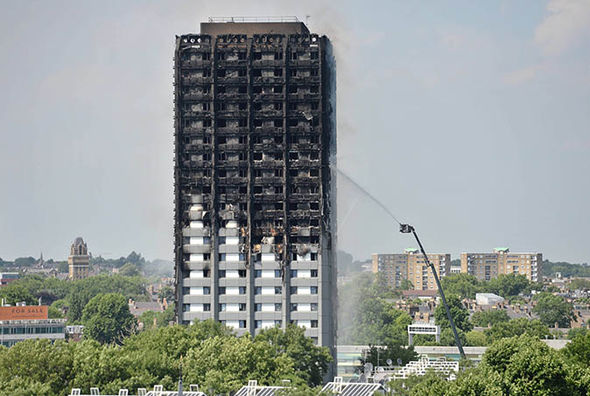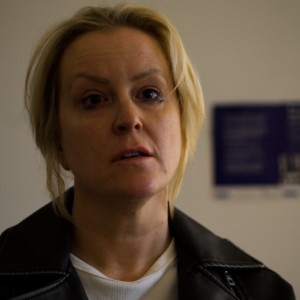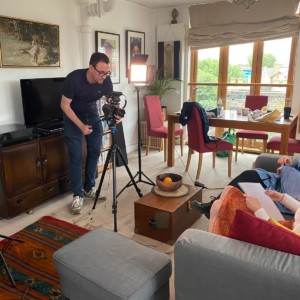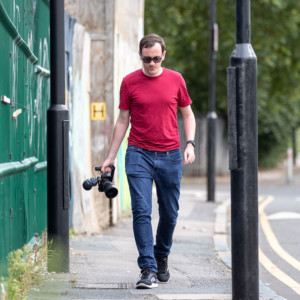The following video, filmed on somebody’s phone, tells you everything you need to know about the current state of the news media in the UK, if not globally.
The key moment of the video comes around the 2mins 30seconds mark. Before that, the local resident, Ishmahil Blagrove, is speaking openly and passionately about many of the deeper issues surrounding what happened at Grenfell. The newsman from Sky, hearing something that sounds like a useful soundbite, interjects with; “Do you wanna say what you just said about the building on camera?”
Ishmahil and the camera woman don’t miss a beat. “It is on camera,” says the woman. “It’s on camera, what do you mean?” says Ishmahil.
And that’s because they understand the power of the internet. Of having a phone in your pocket.
They don’t need Sky News or the BBC to share a story. Not anymore.
The sad truth is that it takes a tragedy for people to pay attention to communities that are feeling marginalised. But when they finally do pay attention, they don’t need the Sky News to get their message across.
What we’ve seen time and again since the tower caught on fire is interview after interview where residents are speaking what they truly feel, with news reporters cutting in, interjecting, monitoring. They put a camera in the face of victims and witnesses, and then hardly let them speak.
I’m not saying that everything every witness says is true. Very few of the residents are experts in housing or cladding, but they have a voice. And the news can no longer ignore the voice of the people. When they do, the internet takes over.
The news media always has an agenda. A version of a story. What they don’t understand is that the young of today have a different agenda, they want to get at the truth. Sure, they’ll throw on BBC News when there’s a terrorist attack or a building’s on fire, but it’ll be background noise while they source out the news on Twitter. Comparing journalists views with witnesses on the ground, meanwhile texting and calling friends who are in or around the situation.
The bad side of this is the influx of fake news. It’s very difficult to separate fact from fiction when you’re emotional and dealing with rumours flying at your phone from all angles.
But your phone is unfiltered. There are things from all the recent tragedies that the public have seen and learned through communicating through their devices. And not just the bad stuff, but the relief efforts. From the ground up, people are sharing news and orchestrating the movement of food and clothes through Facebook, Twitter, WhatsApp.
The moment the BBC say ‘back to the studio’ is the moment you stay by your phone, because the likelihood is a local person from the community is broadcasting what the news people think is inappropriate or irrelevant.
And it rarely is.
The clip I shared at the top of this article is, most importantly, a human being sharing very important insight. But it is also a shining example of how news has changed. It is not important to Ishmahil Blagrove that he be on Sky News. He’ll find an audience anyway, and it won’t be edited down.















